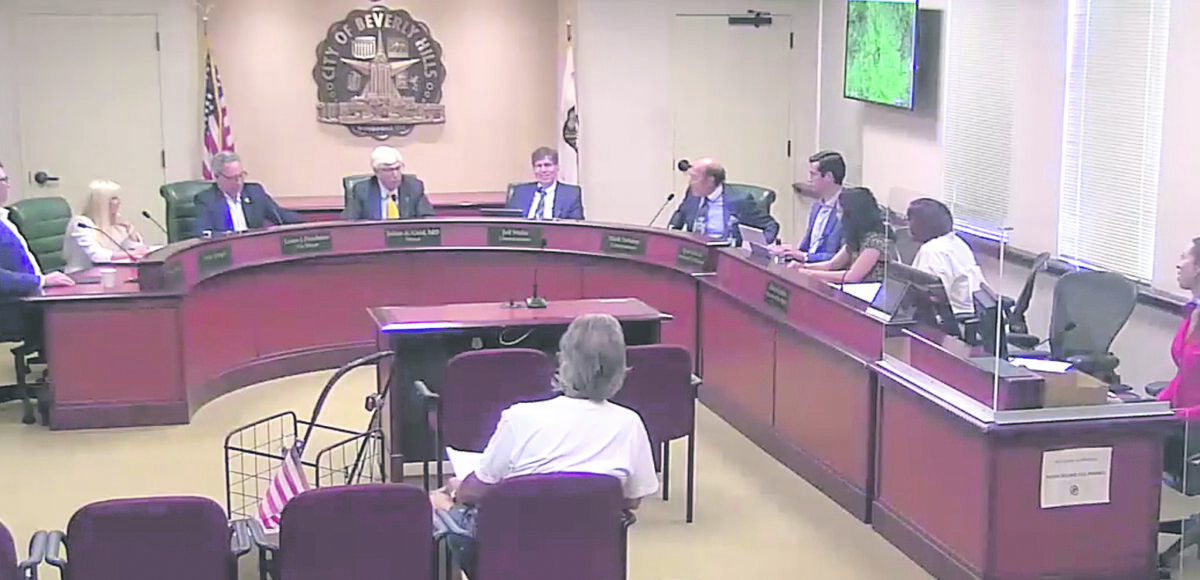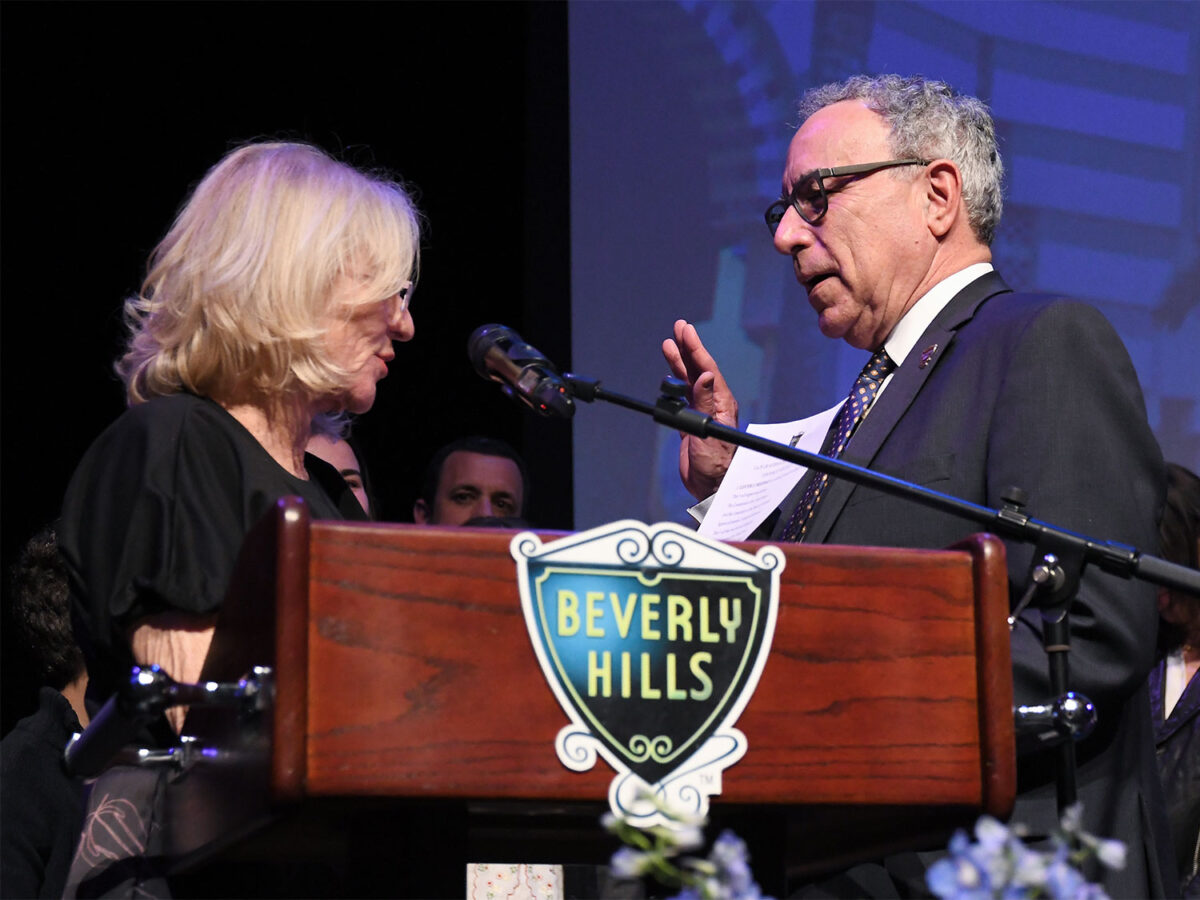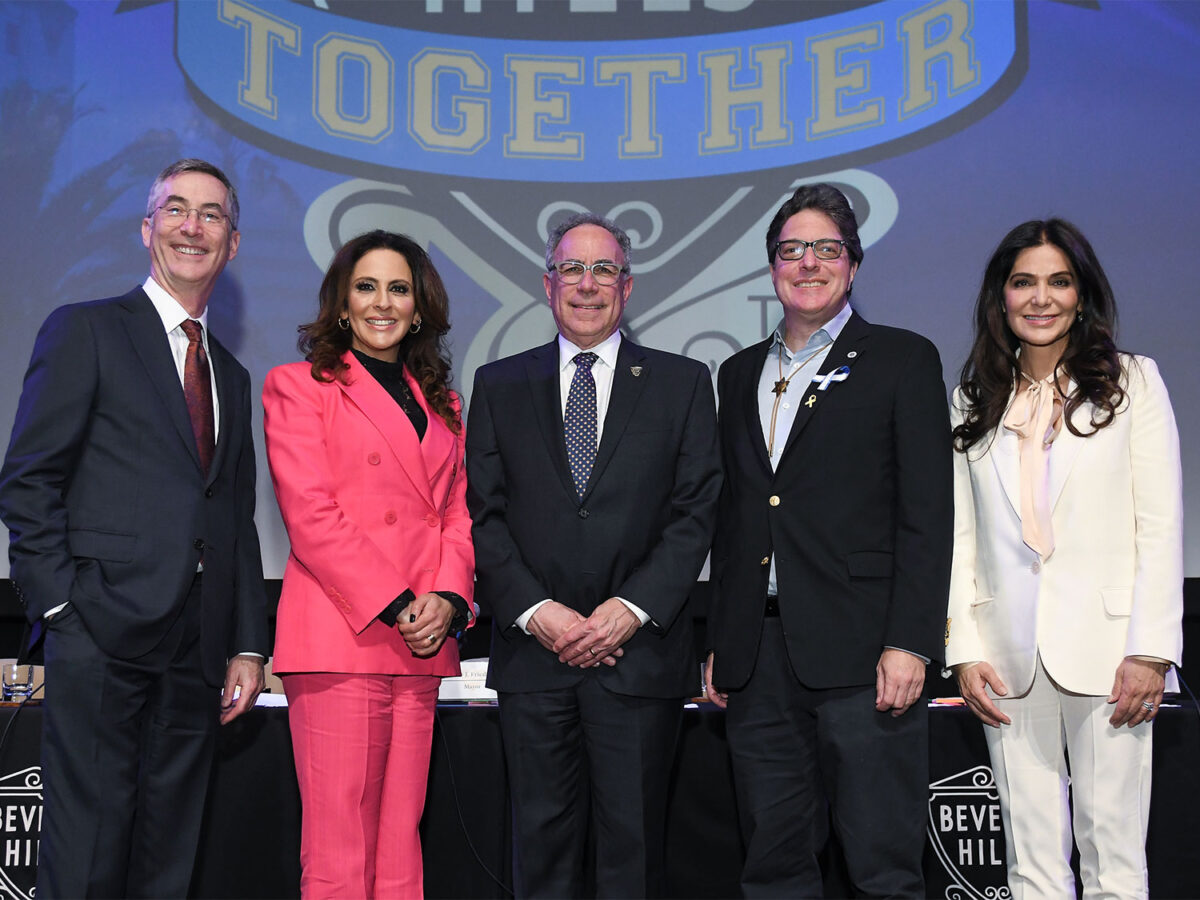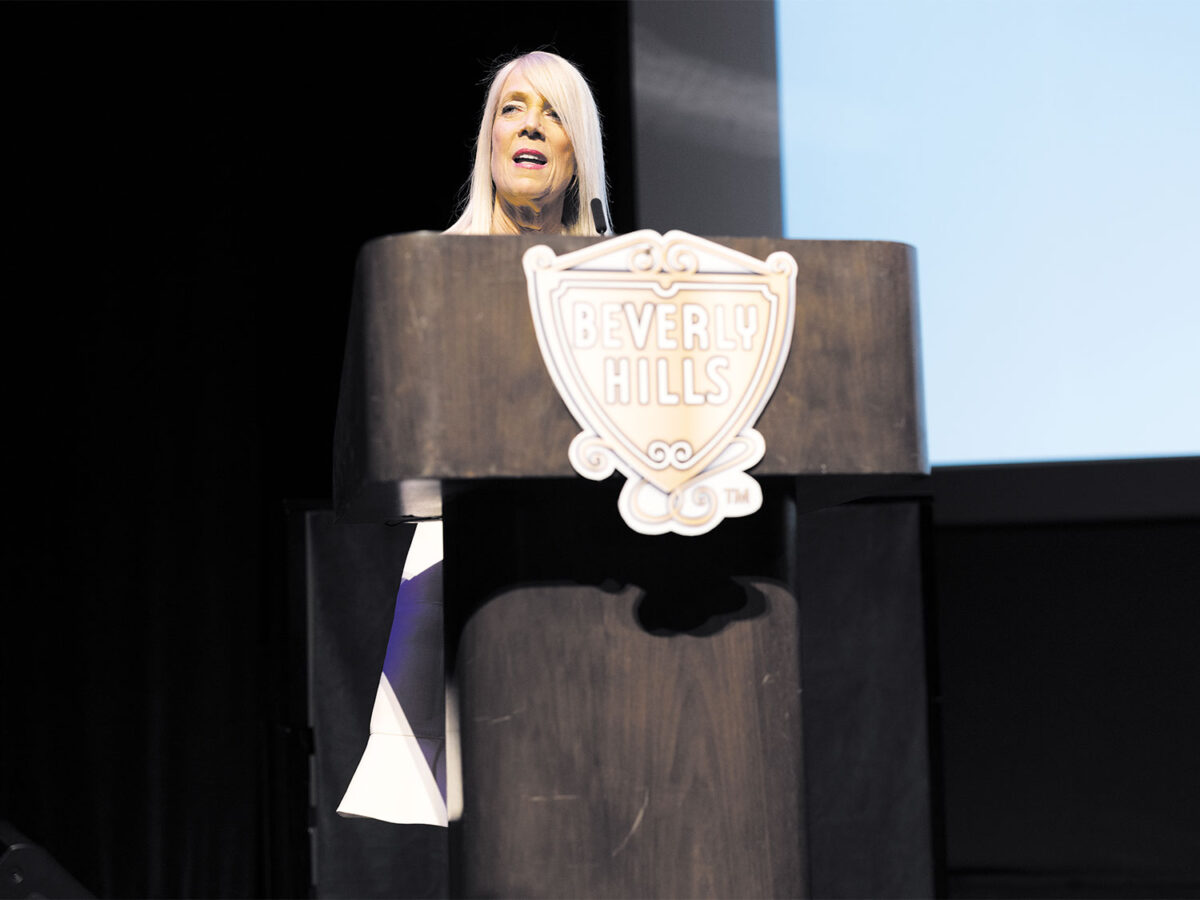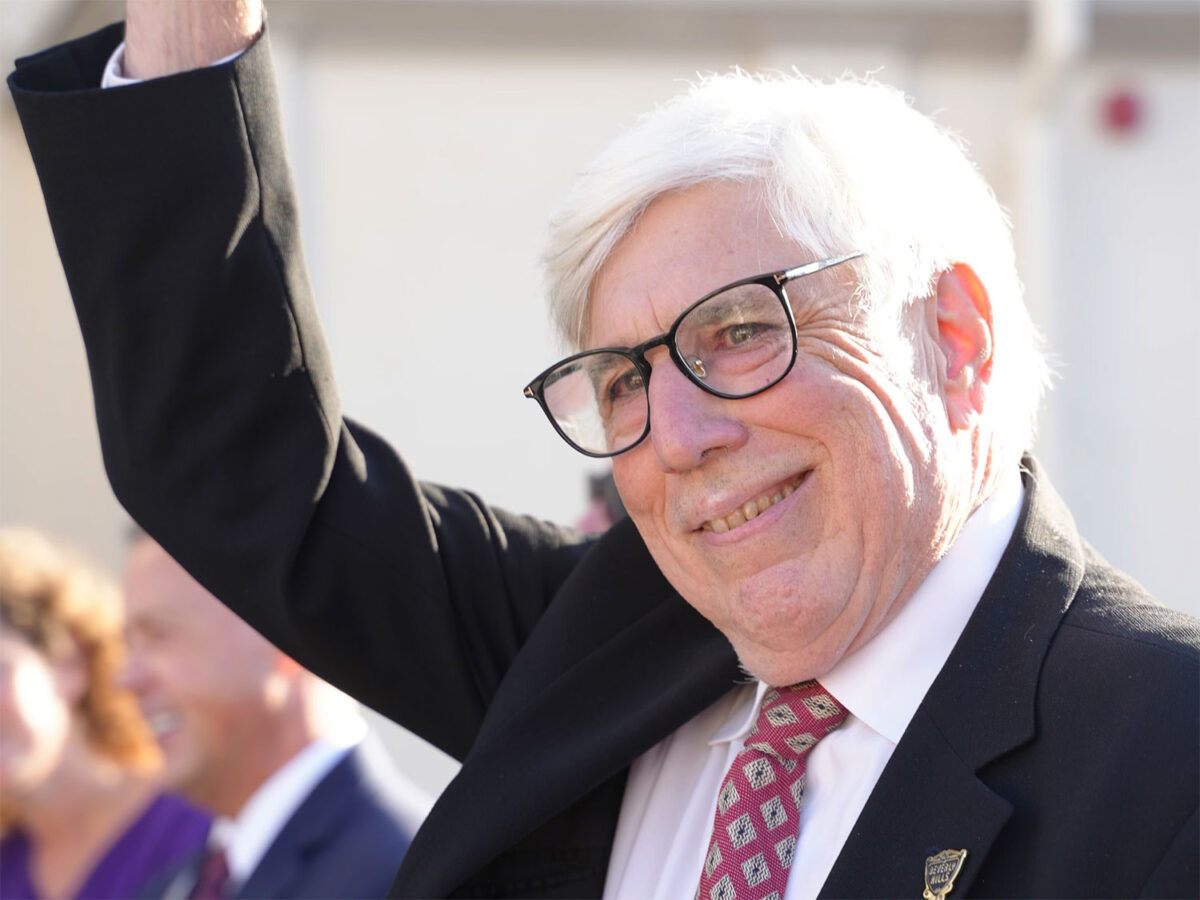The inaugural meeting of the mayor’s citywide electrical resilience ad hoc committee took place Aug. 30. Community leaders passionate about alternative energy solutions examined ways in which the city can meet the growing demands for power while improving its aging energy delivery infrastructure.
Participants of the discussion included Mayor Dr. Julian Gold, who outlined the new committee’s purpose and provided a recap of the city’s energy innovations, Public Works Director Shana Epstein and City Consultant Mariko Geronimo, co-founder and chief energy economist at economic consulting organization Lumen Energy Strategy.
“We’re committed to a lower-emissions future,” Gold said at the outset of the two-hour meeting.
For much of the conversation, the committee focused on the city’s outages problem. A series of power outages in Trousdale Estates in 2022 during an intense heat wave rattled residents of the community and sparked discussion among city leaders about how to bring more reliable electricity service to that area and beyond. The formation of the electrical resilience ad hoc is part of an effort to make Beverly Hills more energy independent and avoid such scenarios going forward.
When it comes to issues of energy resilience, Epstein is all too aware of the problems plaguing the city.
“I am the recipient of all those first calls when people’s power goes out,” the public works director said during the recent meeting. “So, I definitely know it’s been a major concern for this community.”
Before delving into ways of becoming more energy resilient, however, Geronimo said it was necessary to define “resilience.” While the power industry has no standard definition, a resilient electrical system can refer to a system that withstands, absorbs, recovers from and adapts to disruptions, such as natural disasters. Making a distinction between a “resilience hazard” and a “system you’re trying to make resilient” helps provide a framework over what you have control over and what one cannot control, Geronimo said.
“You don’t have control over the hurricane—you can’t do anything about that—but you do have control over the equipment that gets demolished in the hurricane,” she said.
Additionally, she broke down basics about grids and microgrids, with the latter describing a self-contained grid that has batteries for energy storage and generators to produce power. Microgrids allow cities to produce or store some of their own electricity. With the city’s current system, between 70-80% of the city’s outages are driven by equipment failures or causes unknown to Southern California Edison (SCE), the utility that provides electricity for most of the city’s homes and businesses, Geronimo said.
The recently launched electrical resilience ad hoc was formed following a call this past May for applications to join the committee. Since his swearing-in ceremony this past April, Gold has said he wants to explore achieving greater electricity independence for the city.
The ad hoc consists of two council members as well as several at-large volunteer members. Along with Gold, its members are Vice Mayor Lester Friedman; attorney Ethan Bearman, who expressed a lifelong interest in alternative energy; attorney Linda Spiegel; Jeff Wolfe, a member of the city’s planning commission; and Mark Nehoray, a member of the city’s public works commission.
“Energy is important to me, and the mission of this committee really resonated with me,” Nehoray said. “So, I’m here to serve.”
The meeting explored outside-the-box ways of achieving more electricity independence. For instance, the committee weighed the feasibility of creating neighborhood microgrids while acknowledging it could be both cost prohibitive and difficult to equip the city’s older residential buildings with the necessary infrastructure. The installation of solar panels on residential roofs might make more sense, committee members said.
Geronimo floated the idea of offering “resilience audits” to the city’s residents, in which someone would come to your home and tell you what it would cost to make your home more energy resilient.
Gold, for his part, was on board. “Great idea,” the mayor said. Friedman, meanwhile, also expressed support for the suggestion of home energy audits, calling it a step toward the goal of reaching 100% energy self-reliance.
Also, Geronimo asked rhetorically whether the goal should be reducing outages or, in the case of outages, ensuring there are alternatives available to the community so that they continue to have access to essentials.
Over the next few months, the commission will continue meeting regularly before making a recommendation to City Council based on its findings.
“The goal is to, in four or five meetings, get most of this done before the new year,” Gold said. “I’d like to see if we can get enough information for a reasonable recommendation for the council to explore going forward.”



